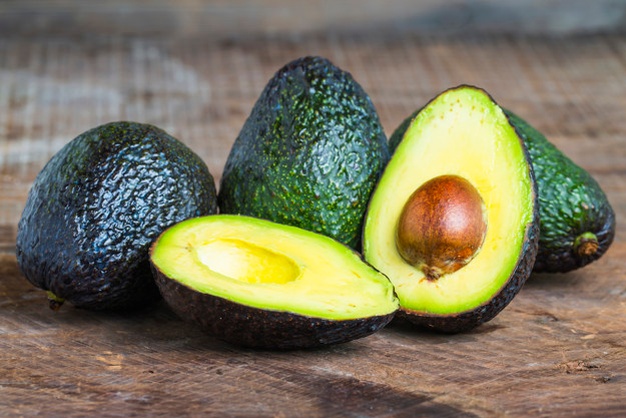At the first sight or sound of the word Bacteria, you scrunch your nose up, because bacteria has a bed reputation, which should come as no surprise, since bacteria are responsible for many diseases. But bacteria can be good or bad: it just depends on the type. In fact, certain bacteria are so vital to our survival that, through working on the Human Microbiome Project (HMP), scientists are dedicated to exploring the important symbiotic relationship that exists between microbial cells and people.
More and more people are beginning to understand the role the gut plays in overall health, and probiotics have become an important tool in the fight against chronic disease. But did you know that prebiotics may be just as essential to maintaining a healthy microbiome?
What are prebiotics?
Prebiotics shouldn’t be confused with probiotics (good bacteria for your gut). While probiotics help you maintain a healthy digestive tract and prevent gut diseases, prebiotics are nondigestible compounds that help probiotics grow and thrive, so they can continue to keep your gut healthy.
In order to promote and maximize a healthy gut, you should eat prebiotic-rich foods. Don’t worry — you don’t have to figure out own your own which foods are rich in prebiotics. Here’s a quick list of prebiotic foods you can begin incorporating them into your diet.
Prebiotic rich foods include:
Jicama

Dandelion greens

Garlic

Whole-grain bread

Sprouted-grain breads

Avocado

Peas

Soybeans

Potato skins

Apple cider vinegar (organic)

Jerusalem artichoke

Chicory root

Onions

Leeks

Chives

Scallions

Wheat germ

Whole wheat berries

We feed our healthy gut bacteria through probiotics—both via eating the right foods and taking probiotic supplements. But each of us has a different microbiome (due to our genes, diet, geographical location and daily exposure) responsive to different probiotic cultures — Acidophilus, Lactobacillus, and the Bifidobacteria, being the most important. But keep in mind that to cultivate a diverse and healthy microbiome, prebiotics are also essential. So don’t forget to eat your avocado.
